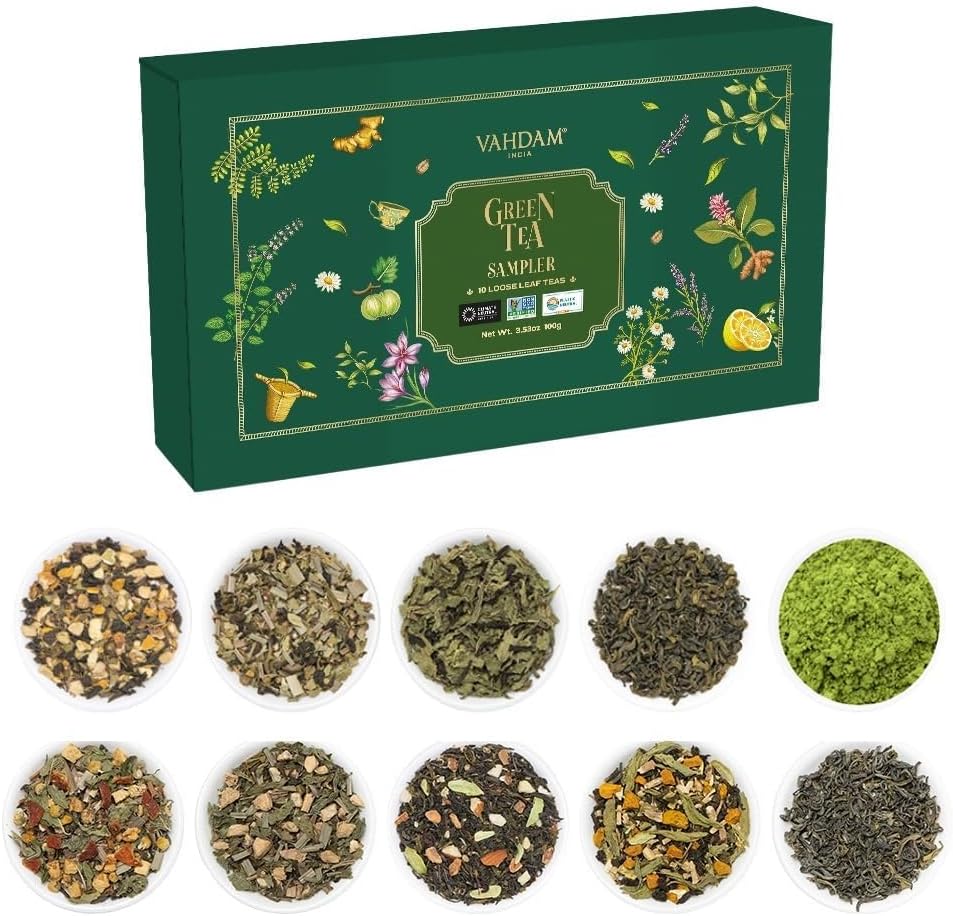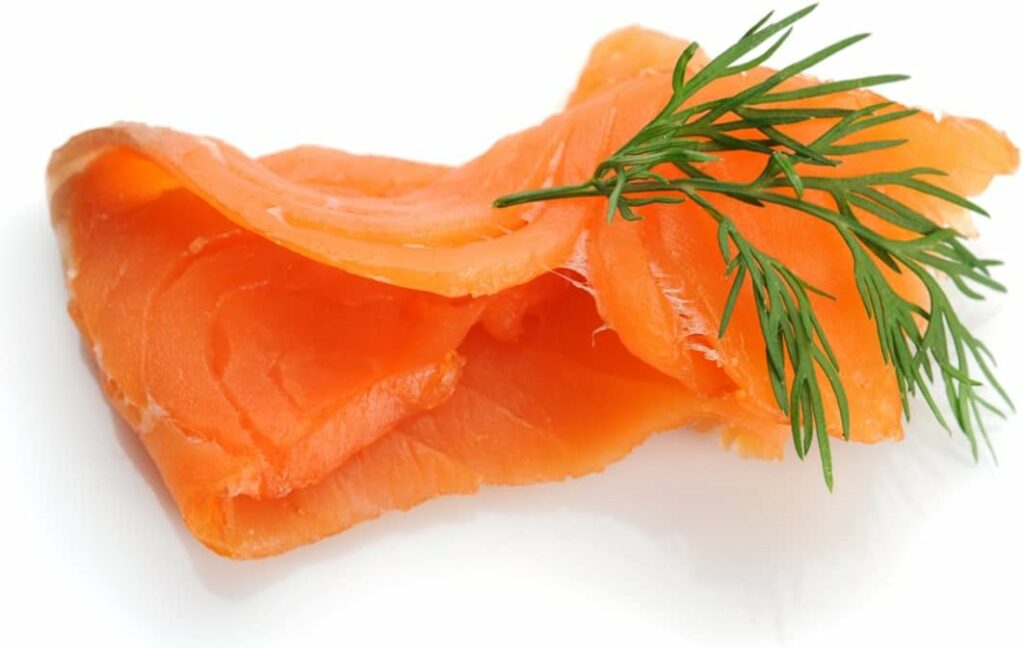5 Foods Protecting Your Healthy Gut Microbiome from Obesity within 24 Hours
Recent studies show that the gut microbiota affects appetite, energy absorption, fat storage, circadian rhythm, and chronic inflammation, leading to obesity. We curated 5 foods to Protect your healthy gut microbiome from obesity within 24 Hours from consumption.

In recent years, gut health has become a key focus in the fight against obesity. The gut microbiome, which consists of trillions of bacteria living in our digestive tract, plays a crucial role in metabolism, immunity, and even weight regulation. Research now shows that obesity isn’t just about calorie intake; it’s also about the balance of bacteria in your gut.
The exciting news is that you don’t need to count calories to make a significant impact on your gut health—and potentially reduce your risk of obesity. In fact, research suggests that some foods can begin shifting your gut microbiota toward a healthier balance in as little as one day. Let’s explore the science behind these foods, how they work and the research supporting them.
The Link Between Gut Bacteria and Obesity
“The gut microbiota affects appetite, energy absorption, fat storage, circadian rhythm, and chronic inflammation, leading to obesity. Therefore, targeted reconstruction of the gut microbiota structure, such as through fecal bacterial transplantation, is one of the means of treating obesity.” – Bing-Nan Liu, Xiao-Tong Liu, Zi-Han Liang, and Ji-Hui Wang
Obesity has traditionally been linked to factors like overeating and lack of exercise. However, mounting evidence suggests that the composition of gut bacteria might be a driving force behind weight gain for many people. According to a study published in Nature, obese individuals tend to have a less diverse gut microbiome compared to their lean counterparts. Specific bacterial strains like Firmicutes have been associated with increased fat absorption, while Bacteroidetes are more prevalent in individuals with healthy body weight.
The study also found that gut bacteria can influence how much energy is extracted from food. For example, a person with a higher ratio of Firmicutes to Bacteroidetes may extract more calories from the same amount of food, leading to weight gain. Therefore, adjusting the balance of these bacteria could help reduce the likelihood of obesity without focusing solely on calorie intake.
How Quickly Can You Shift Your Gut Bacteria?
Here’s the good news: changes in your diet can rapidly alter your gut microbiota. A groundbreaking study from the Journal of Nature Communications showed that within 24 hours of consuming certain foods, participants experienced measurable shifts in their gut bacteria composition. By incorporating prebiotic and probiotic-rich foods, you can enhance the population of bacteria that support a healthy metabolism and curb the bacteria linked to weight gain.
Here are some foods that have been scientifically proven to alter the gut microbiome and help protect against obesity-causing bacteria:
1. Fermented Foods: Probiotic Powerhouses
Fermented foods like yogurt, kefir, sauerkraut, and kimchi are loaded with beneficial bacteria called probiotics, which help maintain a healthy gut. Probiotics increase the number of good bacteria, such as Lactobacillus and Bifidobacterium, which are known to reduce inflammation and improve fat metabolism. A study published in the British Journal of Nutrition found that women who consumed probiotic-rich yogurt for 12 weeks lost more weight compared to those who didn’t, despite eating similar diets.
Fermented foods also inhibit the growth of harmful bacteria like Firmicutes, which can extract more calories from food and promote fat storage.
2. Fibrous Foods: Prebiotic Fuel
While probiotics add beneficial bacteria, prebiotics feed them. High-fiber foods like garlic, onions, asparagus, bananas and oats contain prebiotics, which are non-digestible fibers that promote the growth of beneficial bacteria such as Bacteroidetes. A study published in Cell Host & Microbe found that a high-fiber diet promoted the growth of Bacteroidetes and reduced body fat.
Foods high in soluble fiber also slow digestion and make you feel fuller for longer, which reduces overeating without counting calories. For example, one study from the Annals of Internal Medicine showed that people who simply increased their fiber intake (to around 30 grams per day) lost about as much weight as those on more complex calorie-restricted diets.
3. Polyphenol-Rich Foods: Antioxidant Gut Protectors
Polyphenols are plant-based compounds found in foods like berries, green tea, dark chocolate, and red wine. These antioxidants not only reduce inflammation but also positively impact gut bacteria. A 2015 study in the American Journal of Clinical Nutrition found that polyphenols increase the ratio of Bacteroidetes to Firmicutes, helping to prevent obesity.
Green tea, in particular, has been widely studied for its weight loss benefits. Its polyphenols, particularly catechins, have been shown to alter gut bacteria in a way that supports fat loss. A study published in The Journal of Nutritional Biochemistry found that catechins reduced body fat by 5% in just 12 weeks.
4. Omega-3 Fatty Acids: Anti-Inflammatory Powerhouses
Omega-3 fatty acids found in fatty fish (like salmon and sardines), flaxseeds, and walnuts have been shown to modulate gut bacteria and reduce inflammation, a key factor in obesity. A study from Gut Microbes revealed that omega-3 fatty acids promoted the growth of Akkermansia muciniphila, a bacterium associated with a healthy metabolism and reduced obesity risk.
In addition, omega-3s have been found to lower levels of LPS , harmful compounds produced by certain bacteria that trigger inflammation and metabolic disorders, further contributing to weight gain.
5. Resistant Starch: Gut-Boosting Carbs
Unlike regular starch, resistant starch resists digestion in the small intestine and acts as a prebiotic, feeding healthy gut bacteria in the large intestine. Foods rich in resistant starch include green bananas, cooked and cooled potatoes, lentils and whole grains. Research published in The American Journal of Clinical Nutrition showed that resistant starch increases the production of short-chain fatty acids (SCFAs), which improve insulin sensitivity and fat metabolism.
Studies suggest that SCFAs produced from resistant starch can increase the production of GLP-1, a hormone that reduces appetite and enhances fat burning, helping you lose weight without the need for calorie-counting.
Gut Health vs. Calorie Counting
The scientific evidence is clear: the bacteria in your gut can influence your weight as much, if not more, than the number of calories you consume. By prioritizing foods that improve your gut microbiota—such as fermented foods, fibre-rich prebiotics, polyphenols, omega-3s, and resistant starch—you can support a healthy metabolism and reduce your risk of obesity without constantly counting calories.
So, the next time you’re thinking about your diet, remember that protecting your gut microbiome is a powerful tool in your weight management strategy. The right foods can shift the balance of your gut bacteria in just 24 hours, helping you stay lean, healthy and free from the pressure of calorie-counting.
Do you want to share your story and inspire our readers ? Know that YOUR EXPERTISE is paving the way for a fairer, happier society.







